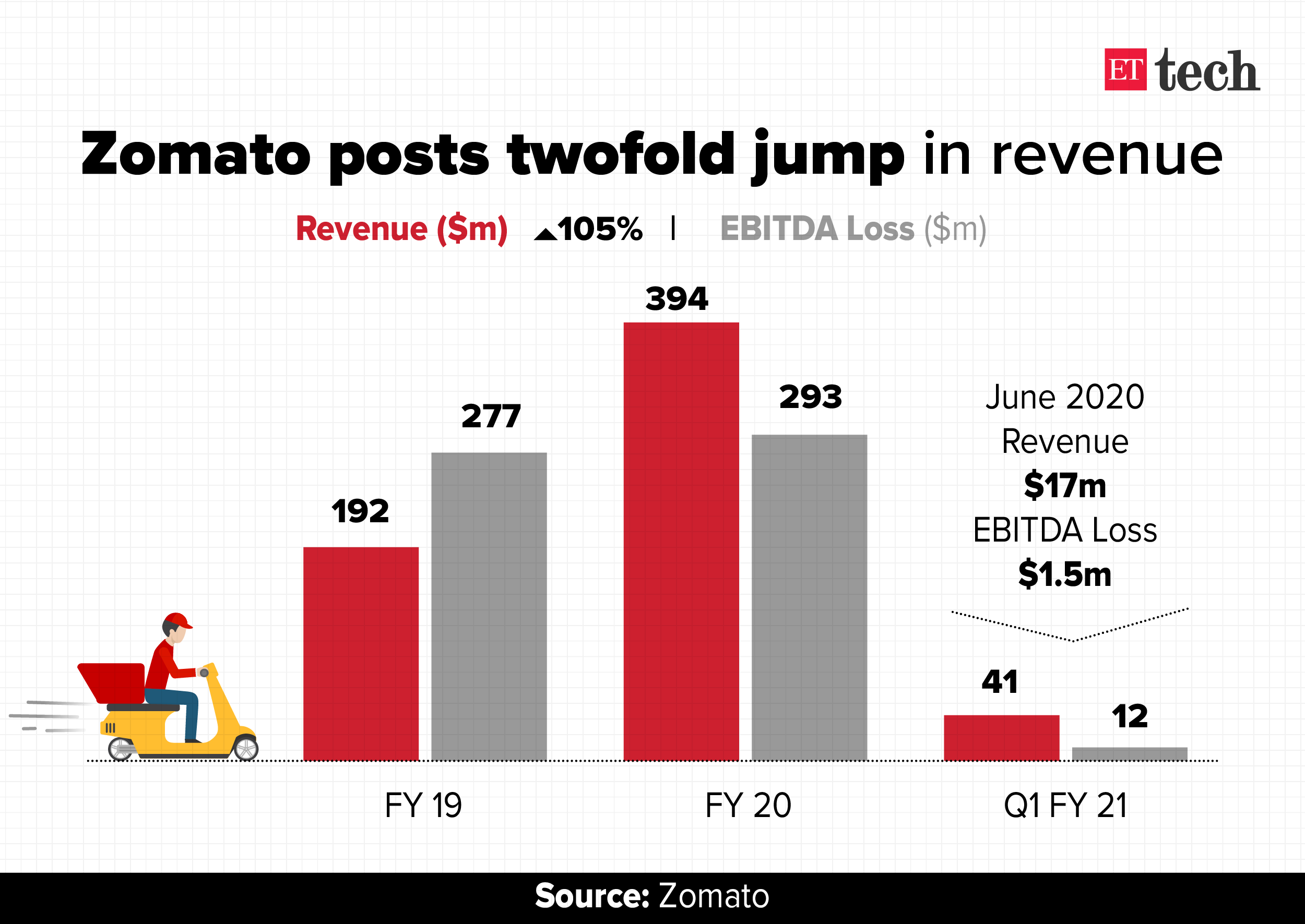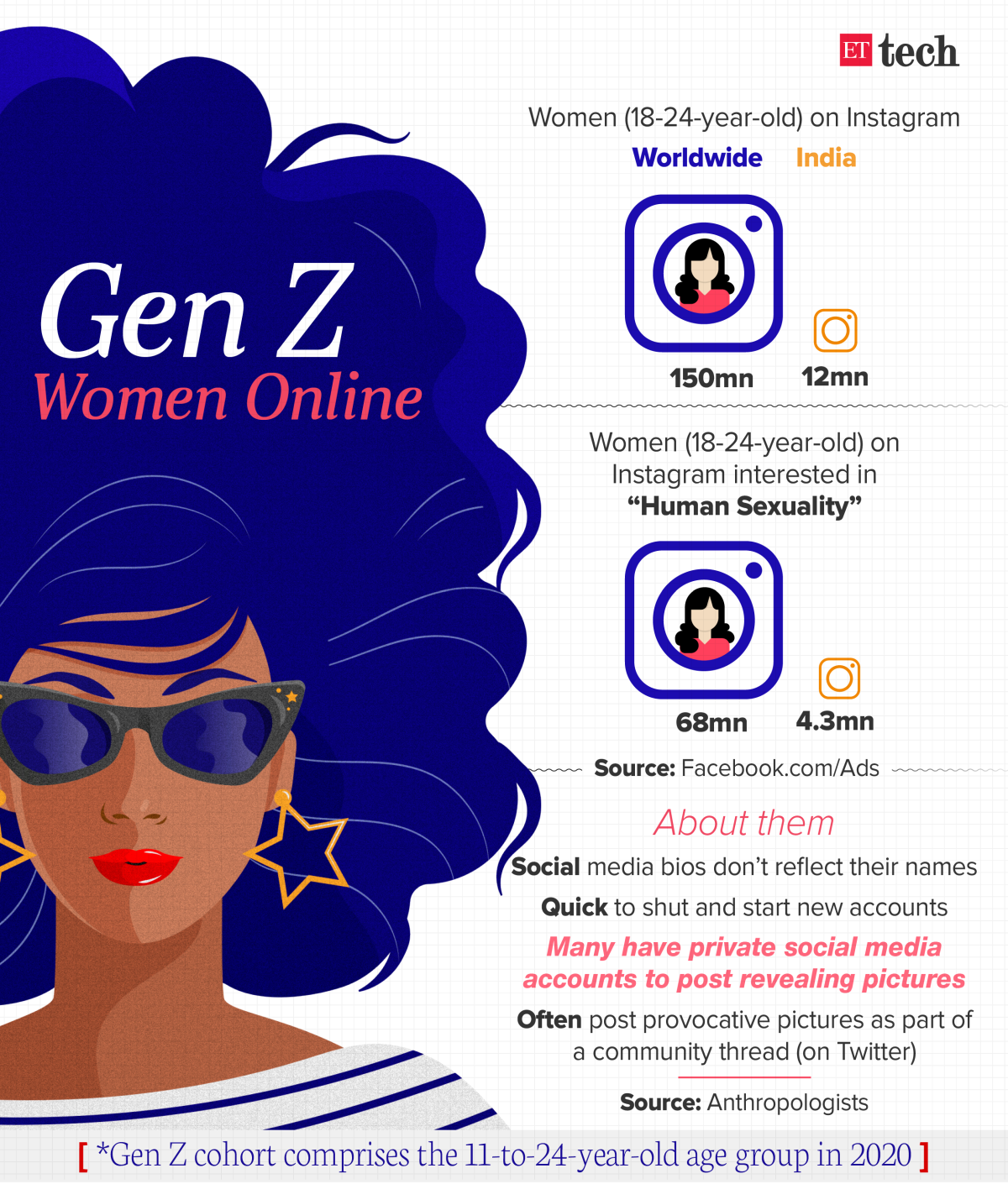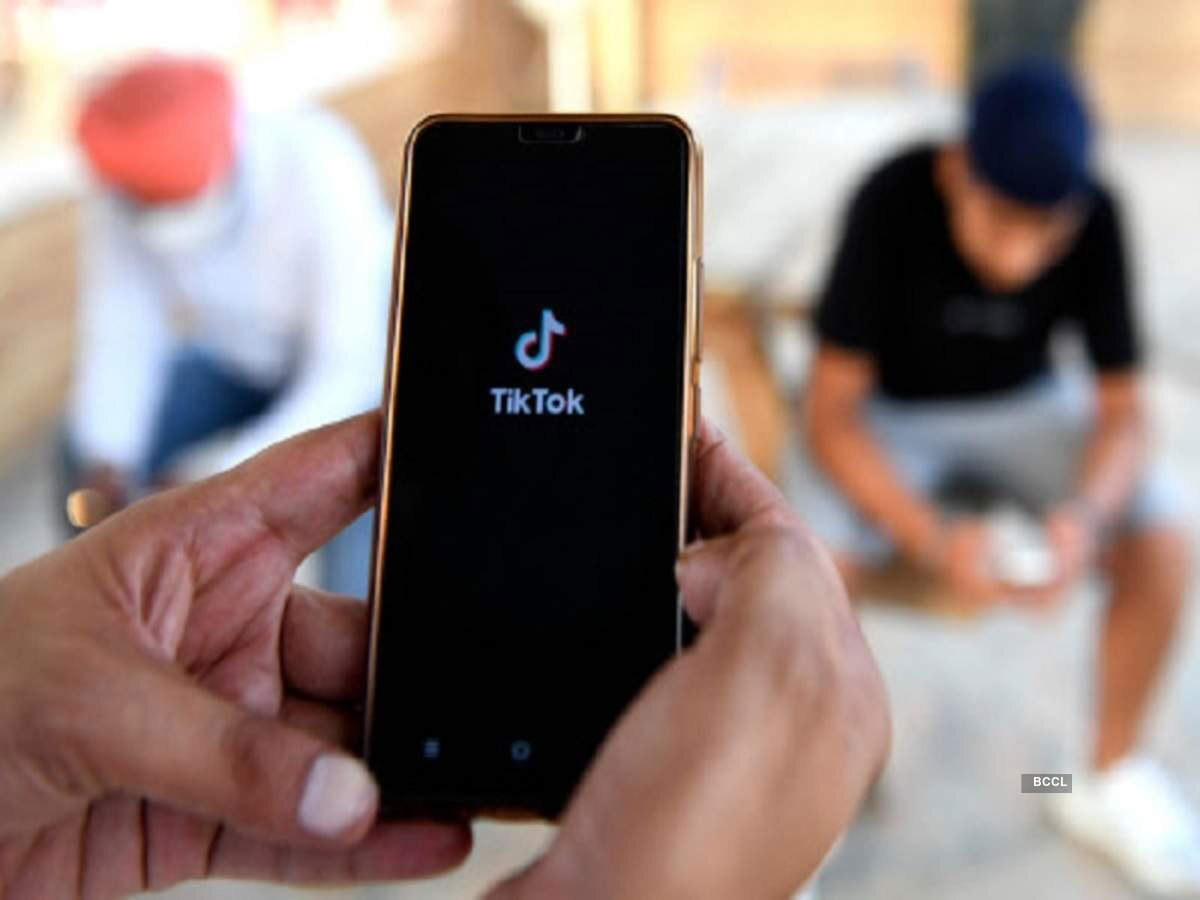Food ordering app Zomato revealed its financials for the year ended March 2020, besides offering a glimpse of how Covid-19 pandemic has impacted its business.
Meanwhile, thirst traps, a new Internet trend, is gaining traction among Gen Z Indian women.

Zomato’s FY20 performance
Zomato said that its revenue had more than doubled to $394 million for the financial year ended March 2020 while losses stood at $293 million for the same period.
CEO Deepinder Goyal said they had rolled back salary cuts which were announced in May when the company laid off 13% of its workforce. As many as 75% of employees volunteered for partial salary cuts, reducing 14% of payroll costs. As of today, all original salaries have been reinstated, he said.

Post-Covid-19 performance
The Covid-19 induced lockdown had a major impact on the company’s business. Goyal said that Zomato’s food delivery GMV (Gross Merchandise Value) declined by 80% in March last week, its lowest in two years, as compared to its peak pre-Covid-19 week.
However, the company is on track to recover 60% of its monthly revenue in July compared to the pre-Covid-19 peak in February. It has also been able to cut the cash burn to less than $1 million and now expects to make a complete recovery over the next 3-6 months.
Zomato’s China FDI issue
Zomato’s fund-raising efforts have also faced challenges, including the recent changes to India’s FDI policy. Alibaba affiliate Ant Financial, the largest institutional stakeholder in the company, has pumped in only $50 million of the previously anticipated $150 million into the food delivery firm.
Existing investor Temasek is now in discussions to pump in as much as $100 million into the online food delivery major. Read more.
Related coverage:

Thirst Trapping trend
Indian women in the 18-24 age-group are sharing suggestive pictures of themselves on social media, even when online platforms increasingly turn into a hotbed for abuse against women.
A pronounced culture in the US, thirst-trapping has gained traction in India recently. The interest for the term has peaked thrice in the last six months as per Google Trends (India).

Social media traction
At least 150-200 ‘thirst trap’ tweets are posted every hour on Twitter on a daily basis and more than half of these are from the US with about 4% of the tweets come from India, as per analytics portal Hashtagify.
Influence of Gen Z women
Gen Z women are now having an outsized influence on the way women, in general, express their sexuality online. They are fluid about their online identity, more vocal about sex and erotica online than millennials. Thirst trapping is also a shortcut to getting validation, an important marker of identity formation for Gen Z. Read more.
Cryptocurrency exchange Coinbase is exploring a public market debut via a direct listing as early as this year, making it the first major American cryptocurrency exchange to do so. Coinbase was valued at $8 billion when it last raised financing in 2018.
Founded in 2012, Coinbase has more than 35 million users trading virtual currencies including Bitcoin, Ethereum, and XRP among others.
Coinbase has also scheduled its first-ever investor day for August 14, which will provide them an “opportunity to hear our perspective on the crypto economy and learn about Coinbase’s role in the ecosystem,” the company told Coindesk.
India angle
The Indian government, however, is mulling a law to ban cryptocurrencies, as it sees a legal framework as being more effective than a circular from the Reserve Bank of India.
This was after the Supreme Court had lifted a de facto ban on trading in bitcoin and other such instruments by quashing RBI’s April 2018 circular that prevented banks from providing services in support of cryptocurrencies.
It’s worth noting that Coinbase’s investment arm has backed a local cryptocurrency exchange CoinDCX in May this year. Read more.

TikTok‘s plan to distance from China roots
Chinese Internet giant ByteDance is considering changes to TikTok’s corporate structure to distance the short-video app from China, amid intense scrutiny in India and the United States.
The changes may include creating a new management board for TikTok or establishing a new headquarters outside China, as per The Wall Street Journal report.
In a comment, ByteDance said it is “evaluating changes to the corporate structure of its TikTok business” and the company “remains fully committed to protecting our users’ privacy and security”.
TikTok ban
TikTok was among 59 Chinese apps banned by the government last week, citing threat to sovereignty, security, and public order. The United States is also considering a potential ban on the popular short video app, amid fears of the app’s handling of user data and increasing tensions between the United States and China. Read more.

Chinese etailers circumventing ban
Staying on the topic of the app ban, Chinese e-commerce companies Club Factory, Shein and Romwe have been selectively accepting and shipping orders to Indian consumers, even after the apps were suspended from Google Play Store and Apple App Store.
How are they doing this?
Chinese etail firms could be circumventing the government ban by offering alternative download links and using multiple domains. Club Factory is providing a link on its official Instagram handle to help users to directly download the app and install it on their phones.
A senior executive at a large telecom operator told ET that the Department of Telecommunications (DoT) had sought blocking of particular domain names but telecom companies have found that the Chinese ecommerce players were using several domain names to bypass the firewall. Read more.

Leave a Reply